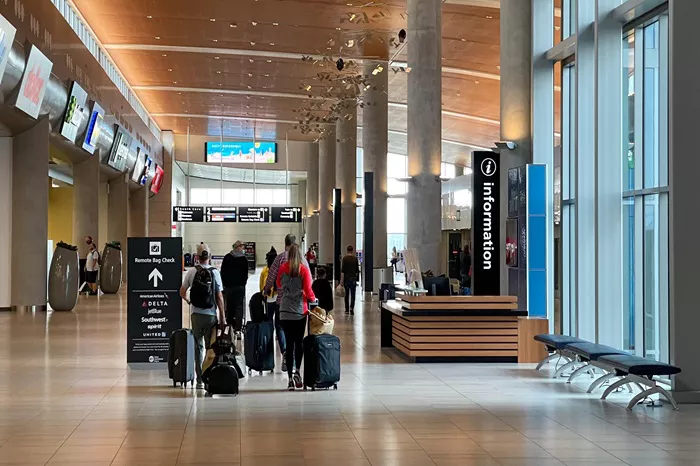The Centers for Disease Control and Prevention (CDC) has issued a travel alert for Fiji following a notable increase in dengue fever cases across the island nation. This development has raised fresh concerns for global travelers, particularly those planning leisure or business trips to Fiji, which is a popular South Pacific destination.
The CDC’s Level 1 travel advisory, effective from March 2024, calls attention to the heightened risk of dengue fever in Fiji. While the advisory does not specifically discourage travel to the island, it strongly encourages travelers to take precautions to protect themselves from mosquito bites, such as using insect repellent and wearing long sleeves and pants. The CDC’s warning signals the serious nature of the situation, urging tourists to be vigilant while traveling in the affected areas.
The impact of this alert is significant, as Fiji is frequently included in the itineraries of tour operators, cruise lines, and travel agencies targeting the South Pacific region. With dengue fever posing a potential threat to the health and comfort of travelers, the tourism industry faces immediate challenges. Companies will likely need to adapt their strategies to communicate traveler safety measures, including offering more detailed information about the current health situation and the necessary precautions to mitigate the risks.
The travel advisory also carries broader implications for the tourism market, particularly as global tourism is still recovering from previous disruptions. The situation may cause cautious behavior among potential visitors, with some shifting their plans to alternative destinations perceived to have a lower risk of mosquito-borne diseases. As a result, tourism demand to Fiji could experience fluctuations, and the travel industry will need to closely monitor the ongoing situation to ensure the safety of travelers while adjusting offerings and communications as necessary.
With Fiji now under the CDC’s watch, the country’s tourism sector is working to reassure travelers, emphasizing the importance of preventative measures and ongoing health monitoring. Visitors are advised to stay informed through official updates and adjust their plans accordingly, while health officials continue to track the progression of dengue fever cases in the region.

